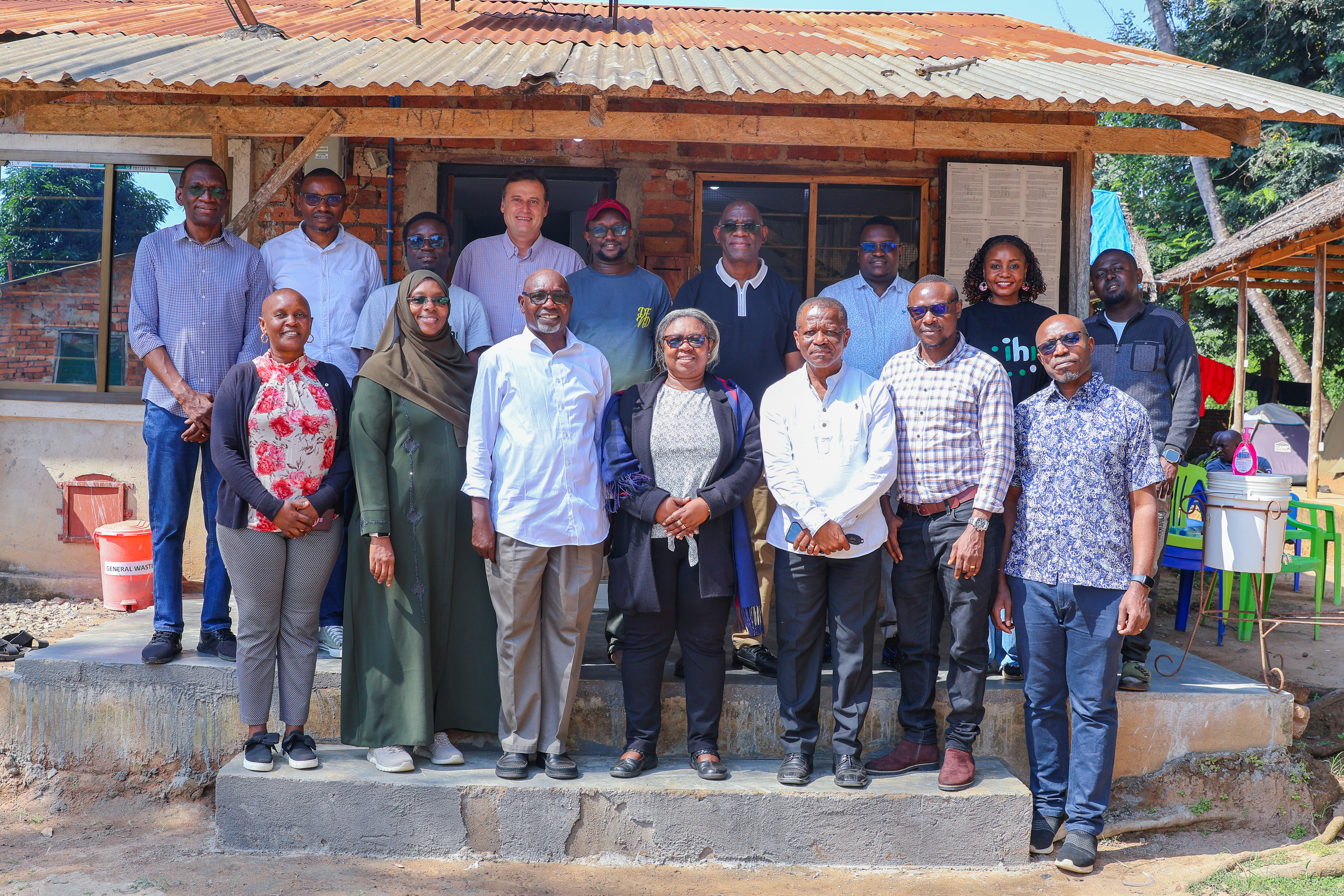
VISIT: Institute Board tours key research and field sites in Ifakara

This week, members of the Board of Trustees (BOT) of the Ifakara Health Institute conducted a two-day visit to the Institute’s Ifakara branch in Morogoro region, witnessing ongoing research activities at the branch and other field sites.
The visit, which coincided with the Institute’s 65th annual BOT meeting, aimed to provide the board with firsthand insight into the Institute’s research programs and their implementation on the ground.
During the visit, board members toured major research and healthcare facilities, engaged with scientists, and observed studies addressing some of the most pressing health challenges facing Tanzania today.
Accompanied by Ifakara’s Chief Executive Director, Dr. Honorati Masanja, and Chief Operating Officer, Mr. Raphael Laizer—both of whom also serve on the Board of Trustees—the delegation was warmly received by Ifakara Branch Manager, Mr. Fredrick Masanja.
Tour of leading health research facilities
The first stop was the Chronic Diseases Clinic of Ifakara (CDCI), a leading health facility operated in partnership with the Swiss Tropical and Public Health Institute. At CDCI, board members learned about the groundbreaking work in HIV care and chronic disease management, which has benefited over 15,000 patients since the clinic’s establishment.
The delegation also visited the Heart and Lung Clinic, where they learned about efforts to address the growing burden of non-communicable diseases (NCDs) in Tanzania through early diagnosis and treatment of cardiovascular and respiratory conditions.
At the Institute’s state-of-the-art laboratory, board members observed advanced diagnostic research involving molecular and microbiological testing. The laboratory supports critical work in surveillance, clinical trials, and epidemiological studies. Scientists shared how the facility is bridging key diagnostic gaps in diseases such as malaria, tuberculosis, and other chronic infections.
Visiting vector research and field sites
The tour continued at the VectorSphere, one of Africa’s leading controlled environments for mosquito vector research. Trustees were briefed on the facility’s role in evaluating new vector control tools—such as insect repellents and artificial intelligence (AI)–powered systems—designed to combat malaria and other vector-borne diseases.
The final leg of the visit took the board to Lupiro and Mosquito City, two vital entomological field sites located outside the central campus. These sites support real-world studies on mosquito behavior and the effectiveness of vector control interventions.
Board’s commitment to science and impact
In their reflections, members of the BOT commended the Institute's researchers for the quality and impact of the work being done in health research.
“The depth of the work we have witnessed being carried out at Ifakara is truly impressive,” said one board member. “It is encouraging to see how the Institute is translating scientific evidence into real-world solutions that improve public health outcomes.”
